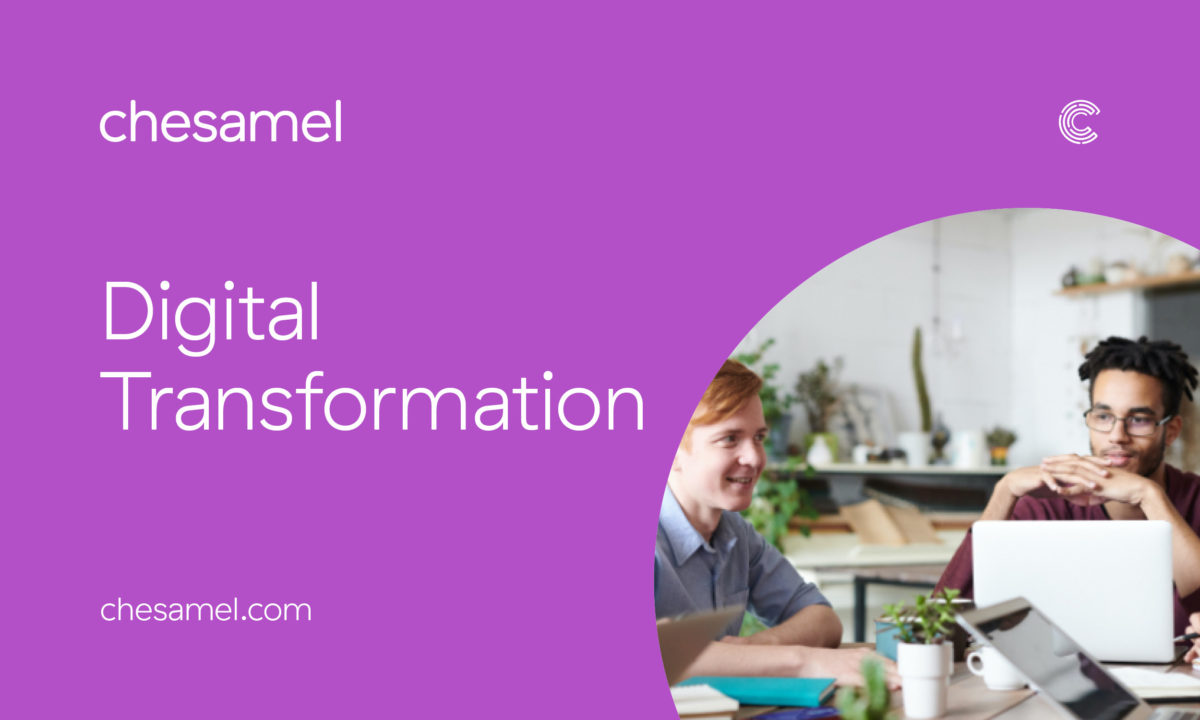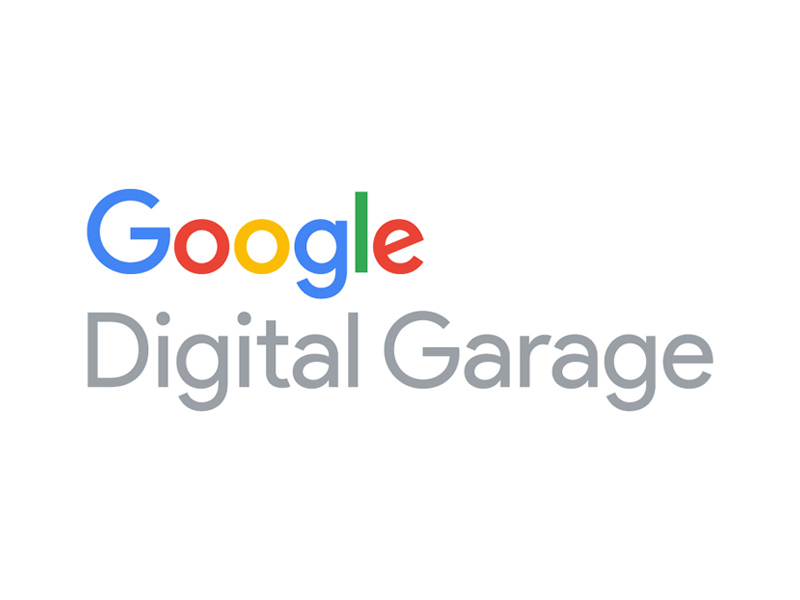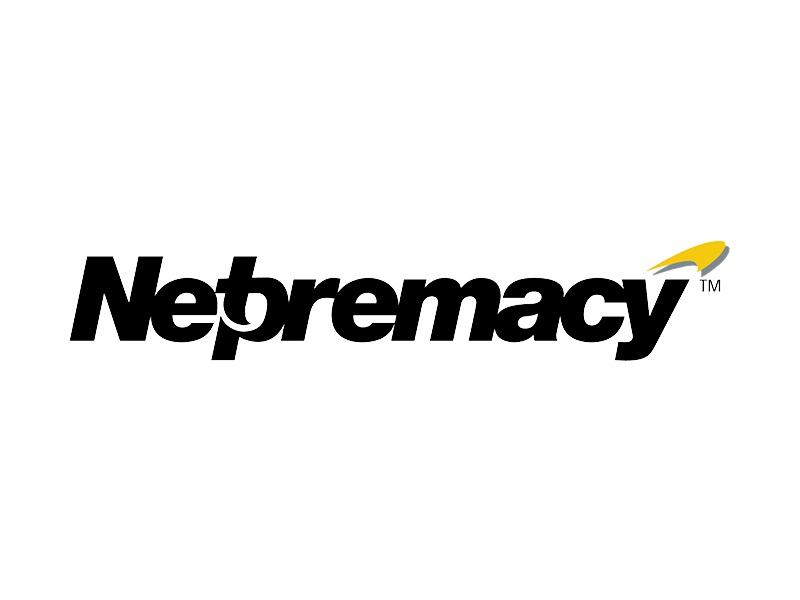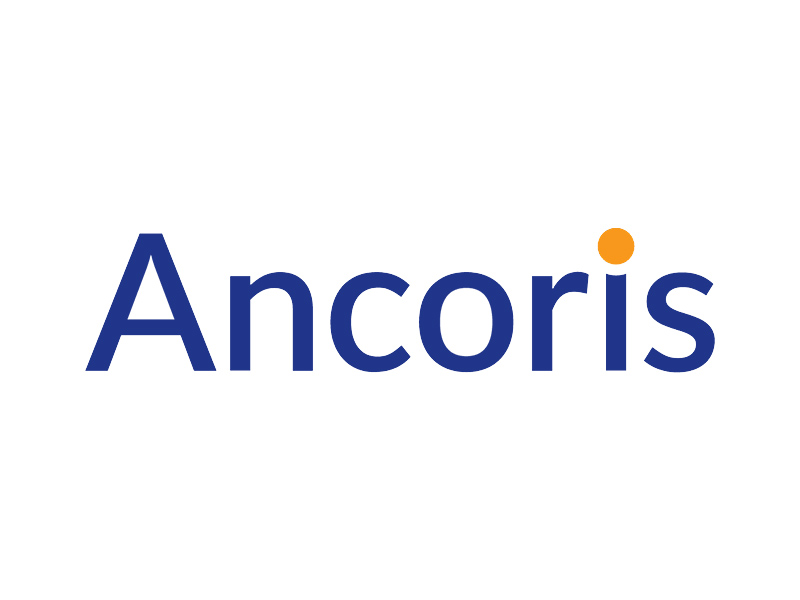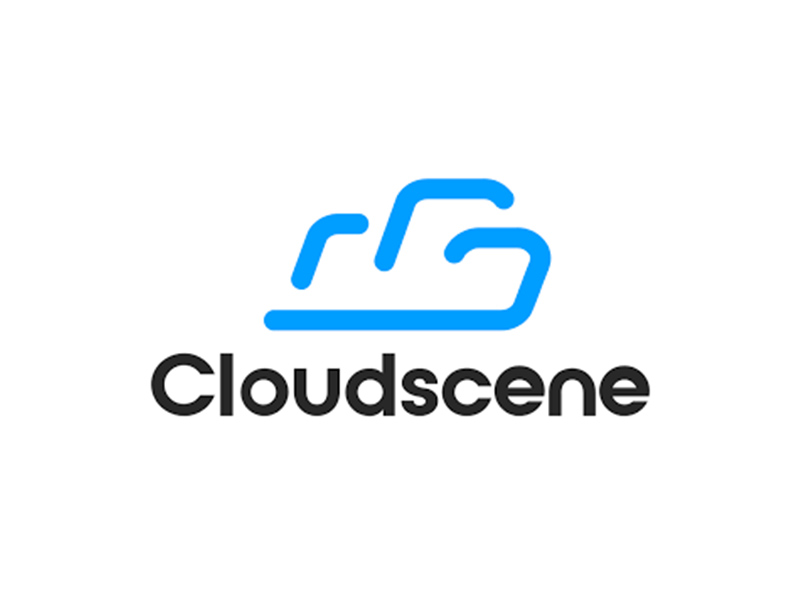What Is Neurodiversity?
Neurodiversity refers to the different ways our brains function. We each respond to, process, feel and manage things in different ways. As much as we could say we are all, in a way, neurodiverse, there is a most common way of processing and managing thoughts – neurotypical and a less common way – neurodiverse, including those who have autism, dyslexia, dyspraxia and ADHD.
We know that these conditions come on a scale and that there is no reason why individuals who are living with them can not function perfectly well in a working environment. What we do need to do is to educate ourselves and those around us about the ways in which neurodiversity can be a benefit, can present challenges and most importantly can be accepted and supported in the workplace.
Why Does Neurodiversity Matter?
Making up around 15% of the workforce, and with inclusion and equity at the top of agendas, an awareness of and support for neurodiverse individuals matters greatly.
Younger generations of workers, Gen Y and Z, for example, are very focused on joining and remaining with employers who are dedicated to their CSR and ESG commitments, with strong DEI programs.
“64% only wish to work for an employer with strong corporate social responsibility (CSR) values.” – CIPD Neurodiversity at Work
Awareness for this impacts hiring processes, working environments and management styles, all of which can be easily adapted. Neurodiversity, when viewed not as a limitation, but as an alternative way of learning and processing information, can be an asset, opening up avenues, and approaches that may not have been visible to neurotypical employees.
There is a huge argument to be made for acknowledging the skills that each individual has rather than requiring each individual to have every skill on your list. We like to take a skills over roles approach at Chesamel; when sourcing candidates for our own teams or clients, we look at the skills that the team requires, and source for those skills, not just to fill a certain pre-moulded position.
Digital Transformation & Neurodiversity
Some of the naturally evolving processes and practices businesses are adopting into their day to day through digital transformations are also helpful for neurodiverse employees. With automated and digitalised processes, the use of assistive tech can be used more freely, such as speech-to-text software.
The use of digital technologies, therefore, helps us to level the playing field for roles that may have barriers to entry for some neurodiverse individuals. As digital skills gaps remain an issue, could we be looking to the untapped potential of neurodiverse minds to bridge it? Many digital roles, such as within cybersecurity, need highly detail orientated minds; autistic individuals, for example, have such detail-oriented minds. Therefore it’s vital that we’re aware, in 2022, that not only can digital technologies be beneficial to neurodivergent minds but that neurodivergent minds can be beneficial to our digital transformations and bridging certain skills gaps, so long as the access to these roles is openly available to all.
If you’d like to learn more about this the Neurodiversity Celebration Week website has some wonderful resources, including extensive guides on how to approach this in the workplace and neurominority specific guides.






